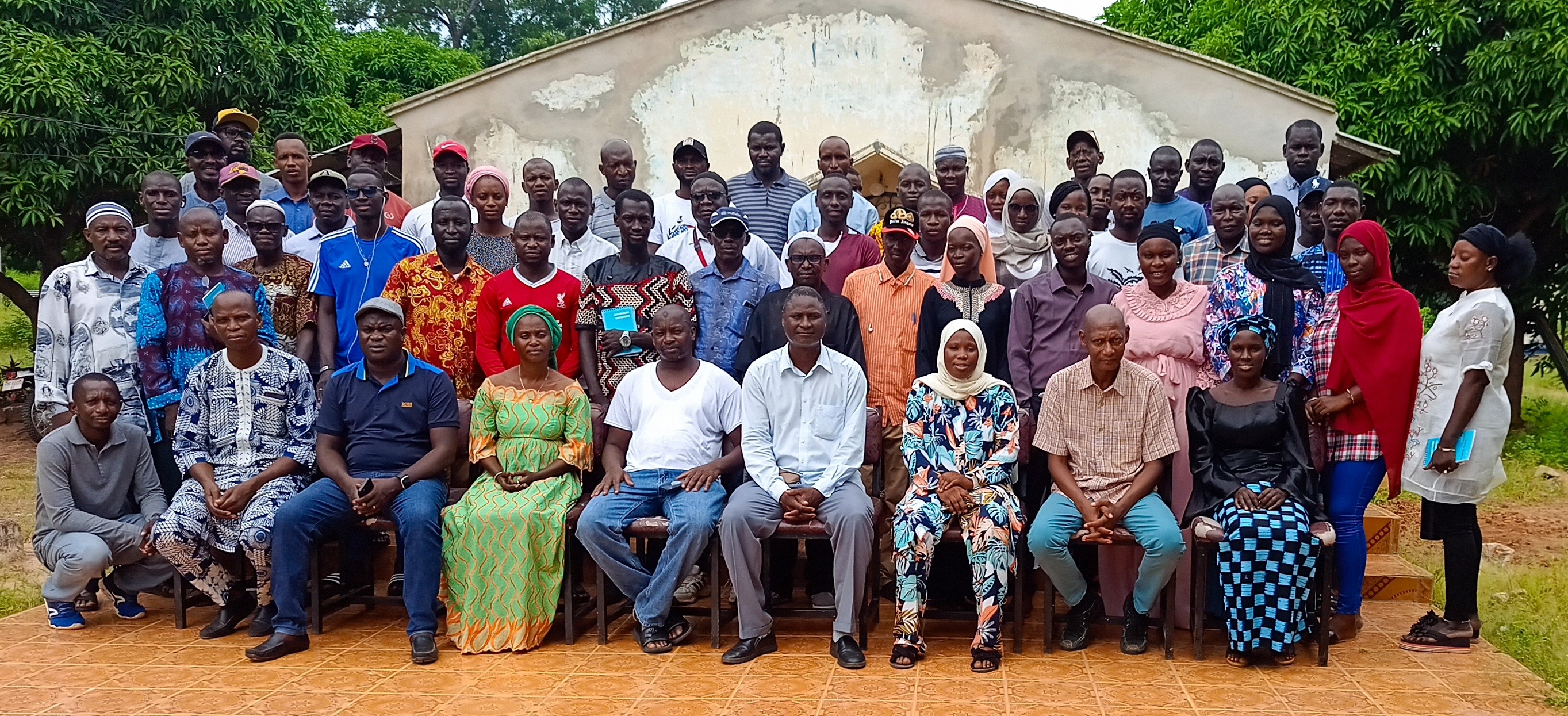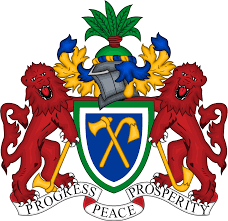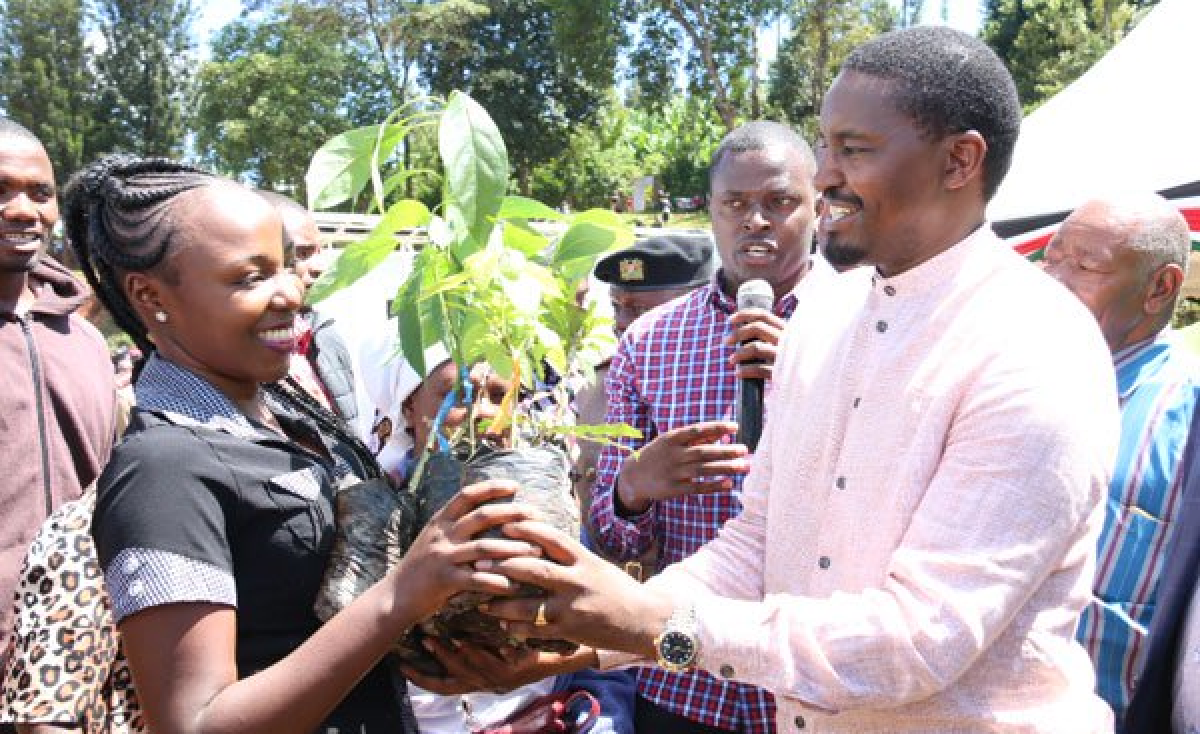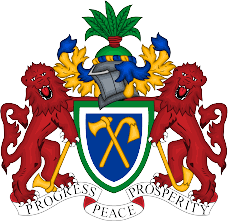 20 September, 2023
20 September, 2023
DoA, GIRAV Project train Agriculture Extension Workers on Yield Sampling, Survey and Measurement Techniques
Availability and access to accurate and quality yield data to inform policy decision and effective planning for inclusive and sustainable agricultural development remain huge challenges for The Gambia. The problem is further aggravated by inadequate capacity and the required tools and methodology amongst the extension system to carry out timely yield sampling, survey and measurement.
As part of efforts aimed at addressing the trend in a more sustainable way, 174 agriculture extension staff and Regional Agriculture Directors for the seven agricultural regions are being trained in Yield Sampling, Survey and Measurement Techniques.
The capacity building initiative underway at the Jenoi Agricultural Rural Farmer Training Centre in Jenoi is organized by the Department of Agriculture (DoA) with funding by the GIRAV Project under the Central Projects Coordinating Unit (CPCU) of the Ministry of Agriculture. The Gambia Inclusive and Resilient Agricultural Value Chain Development Project (GIRAV), which implements its activities through the Department of Agriculture and its regional directorates and specialised service units, is a five-year project funded by the World Bank seeking to promote the development of inclusive, resilient, and competitive agricultural value chains, focusing on smallholder farmers and agribusinesses in project target areas.
Given the large number of participants (174), the workshop is organised in three sets with each set of (average 58 participants) benefitting from a three-days’ interactive training session combining both theory and practical. Immediately following this training, the extension workers will embark on a yield survey and yield measurement exercises covering 730 sampled beneficiary farmers comprising 368 rice (362) maize farmers across the country. From within this larger sample, 75 Frontline Extension Workers equipped with Digital Weighing Scales will be deployed to conduct yield measurements on a subsample of 376 farmers/fields. On average, each Extension Worker will administer the predefined questionnaire for the exercise on five farmers.
Mr. Musa Humma, Director General, Department of Agriculture presided over the official opening ceremonies for each of the three sets of trainings. He expressed gratitude to the GIRAV project and the World Bank for the intervention. The chief Agriculture extensionist reminded his extension workers of the importance of their work in the national quest for food security and sustainable economic growth.
He said: “You are managers at your own levels. You should be able to generate your own quality data that can be used anywhere by students, researchers, and decision maker to inform policy and decision making.
“I there challenge you to take this training “Super Seriously”. Participate fully during the training sessions and deliver beyond expectations when you go back to the filed. You are not doing it for the GIRAV project but for The Gambia and for yourself”.
Mr. Humma also challenged the resource persons provide more practical sessions to ensure the required skills are acquired.
Mr. Paul L. Mendy, Monitoring and Evaluation Specialist at the CPCU responsible for the GIRAV Project, on behalf of the Coordinator of the CPCU Mr. Abdoulie Touray, underlined the importance of the training. He noted that GIRAV aims to help the country move from subsistence to commercial agriculture to spur food security and economic growth and, shared prosperity, leaving no one behind. He reiterated the importance the GIRAV project attaches to institutional strengthening for improved performance and sustainability of interventions beyond the project lifespan.
He said: “As part of efforts aimed at strengthening the extension delivery system, the GIRAV project is supporting the implementation of an E-Extension ICT Platform to further complement the work of the extension system. This is all geared to contribute towards achieving the project Development Objective to promote the development of inclusive, resilient, and competitive agricultural value chains, focusing on smallholder farmers and agribusinesses in project target areas”.
Mr. Mendy highlighted the need to ensure that the quality and credibility of data is not compromised for the realization of the expected outputs. “If you don’t get it right, I will not be able to update the project log frame and this will have huge complications for all of us [GIRAV Team and DoA]”, he stressed.
Ms. Fatou Badgie, District Extension Supervisor, Sandu, Upper River Region enjoined her colleagues to make good use of the opportunity, participate proactively and measure up to expectations.
Mr. Momodou Lamin Darboe, Agriculture Director for Lower River Region in his welcome remarks also lauded the capacity building initiative. He noted that accurate and timely data informs future government policies and programmes aimed at improving agricultural production and productivity. Mr. Ebou Edmond Mendy, Director of Administration, DoA chaired the opening ceremony.


